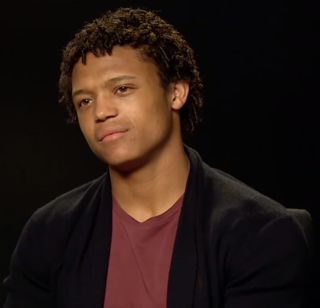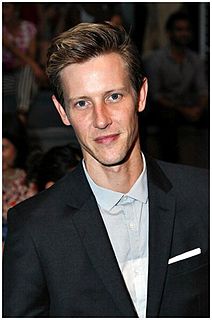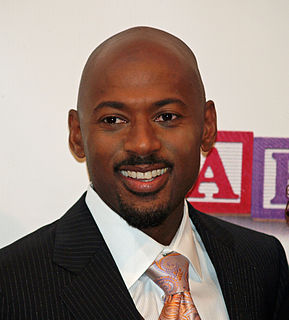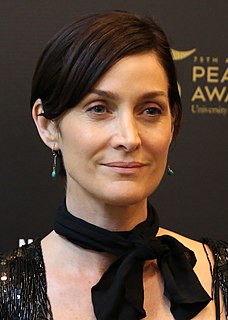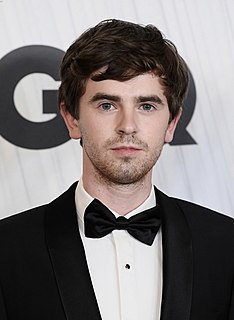A Quote by Tommy Lee Jones
I play characters, and I try to play them in a manner that's appropriate to the script. Physical movement and vitality of language is part of character.
Related Quotes
For the most part, my characters don't talk to me. I like to lord over them like some kind of benevolent deity. And, for the most part, my characters go along with it. I write intense character sketches and long, play-like conversations between me and them, but they stay out of the book writing itself.
Your past history and all of your hurts are no longer here in your physical reality. Don't allow them to be here in your mind, muddying your present moments. Your life is like a play with several acts. Some of the characters who enter have short roles to play, others, much longer. But all are necessary, otherwise they wouldn't be in the play. Embrace them all, and move on to the next act.
I play Father Francis in 'The Exorcist Prequel.' It's fantastic. We are shooting in Morrocco and Rome. Paul Schrader is directing; Stellan Skarsgard plays the younger Max Von Sydow character. It's just a fantastic script. It's a very eerie, very scary script. It encomposes a growing dread that I think is really appropriate for the film.
Music is a universal language insofar as you don't need to know anything else about a musician that you are playing with other than that they can play music. It doesn't matter what their music is, you can find something that you can play together, with what their culture is. The dialect part of it comes into play, but nothing like the differentiation that language sets up, for example.


